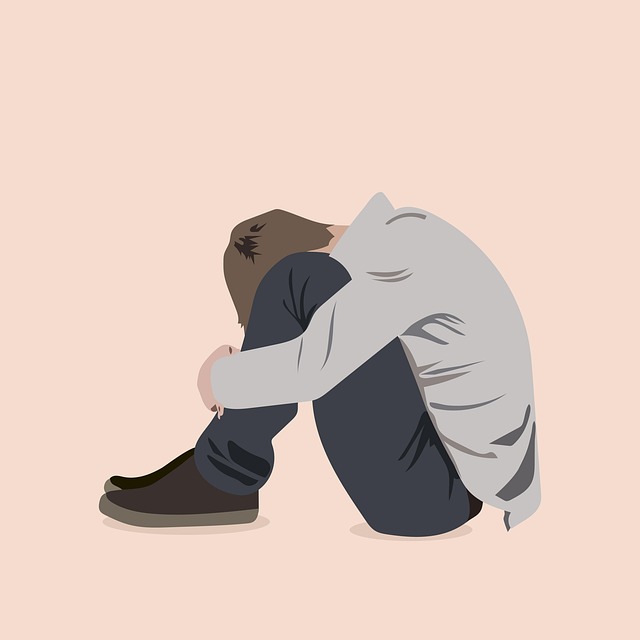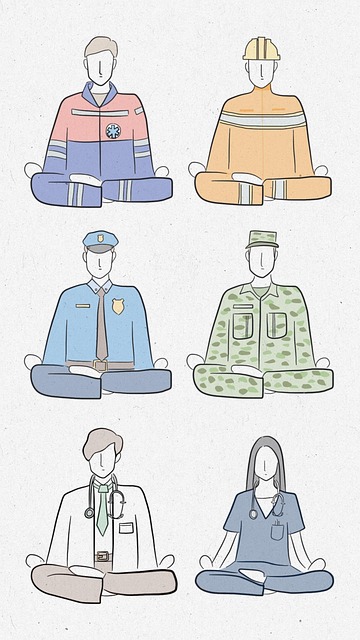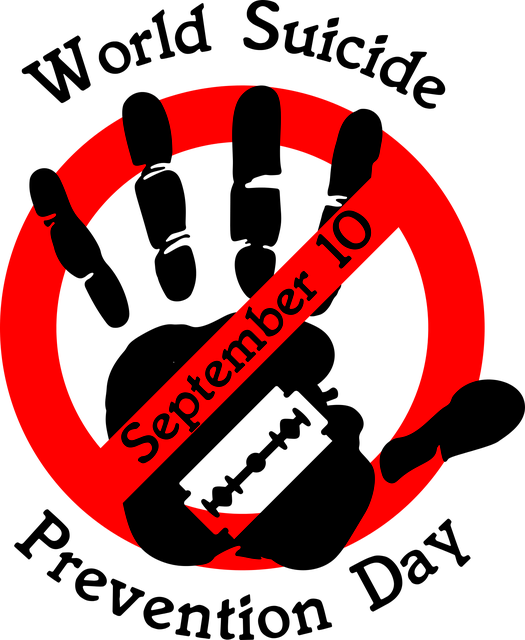Louisville Geriatrics Therapy offers holistic harm minimization for seniors through comprehensive risk assessments, personalized care plans, and evidence-based practices. They address physical, cognitive, emotional, and environmental well-being, providing tailored interventions like Social Skills Training and Mental Wellness Podcast Series to combat isolation and promote mental wellness. By integrating Mind Over Matter principles, they empower elderly individuals to maintain independence, resilience, and positive thinking while minimizing falls, cognitive decline, and other age-related issues through education on safe movement, suitable exercise, environment modification, and social engagement. Regular protocol reviews and open communication ensure optimal care delivery, aligning with their commitment to quality and safety in geriatric care.
Risk assessment and harm minimization planning are critical components of high-quality geriatric care. This article explores a structured approach, inspired by the Louisville Geriatrics Therapy model, to enhance patient safety. We delve into understanding risk assessment in this specialized therapy context, developing comprehensive harm minimization plans tailored for elderly patients, and implementing strategies that ensure continuous improvement in Louisville Geriatrics Therapy practices.
- Understanding Risk Assessment in Geriatric Therapy: The Louisville Approach
- Developing a Comprehensive Harm Minimization Plan for Elderly Patients
- Implementing and Reviewing: Ensuring Safety and Quality Care in Louisville Geriatrics Therapy
Understanding Risk Assessment in Geriatric Therapy: The Louisville Approach

Risk assessment is a cornerstone of geriatric therapy, ensuring that personalized care plans are implemented to safeguard and enhance the well-being of older adults. The Louisville Geriatrics Therapy approach emphasizes a holistic evaluation, considering physical, cognitive, and emotional aspects. This method involves a comprehensive analysis of each patient’s environment, activities, and potential hazards, enabling therapists to develop targeted interventions. By adopting Mind Over Matter Principles, Louisville Geriatrics Therapy focuses on empowering individuals to maintain mental wellness through adaptive strategies, fostering resilience and independence.
The process includes identifying modifiable risk factors and implementing evidence-based practices. For instance, Social Skills Training can be tailored to improve communication and interaction, reducing social isolation. The Mental Wellness Podcast Series Production also plays a vital role by providing accessible resources and educating both patients and caregivers on various topics related to aging, thus promoting proactive harm minimization.
Developing a Comprehensive Harm Minimization Plan for Elderly Patients

Developing a comprehensive harm minimization plan for elderly patients is an essential aspect of Louisville Geriatrics Therapy. This involves a multi-faceted approach to ensure their safety, well-being, and independence. By integrating mental wellness practices into daily routines, therapists can foster self-care habits that promote positive thinking and enhance overall quality of life. Regular assessments of physical and cognitive abilities allow for tailored interventions, reducing the risk of falls, cognitive decline, and other age-related issues.
Comprehensive harm minimization strategies include educating elderly patients on safe movement techniques, encouraging regular exercise suitable for their capabilities, and providing environmental modifications to prevent accidents. Additionally, promoting social engagement and meaningful activities can mitigate feelings of isolation and depression. Louisville Geriatrics Therapy leverages these approaches not only to minimize potential harms but also to empower elderly individuals to maintain a fulfilling life as they age.
Implementing and Reviewing: Ensuring Safety and Quality Care in Louisville Geriatrics Therapy

Implementing effective risk assessment practices is a cornerstone of Louisville Geriatrics Therapy’s commitment to quality and safety. By meticulously evaluating potential risks associated with patient care, the therapy team can proactively develop strategies to mitigate harm. This involves regularly reviewing existing protocols, integrating new research findings, and fostering an environment where open communication encourages identification of areas for improvement. A robust risk assessment system not only safeguards patients but also empowers healthcare providers in Louisville Geriatrics Therapy to deliver optimal care.
Regular review cycles play a pivotal role in ensuring the efficacy of harm minimization planning. Through these reviews, the team can assess the impact of implemented strategies, identify emerging risks, and adapt practices accordingly. By staying agile and responsive, Louisville Geriatrics Therapy maintains its focus on stress management and burnout prevention for healthcare providers, upholding the highest standards of geriatric care while adhering to Mind Over Matter principles.
Louisville Geriatrics Therapy emphasizes a holistic approach to risk assessment and harm minimization, ensuring safe and quality care for elderly patients. By implementing the comprehensive strategies outlined in this article, healthcare professionals can effectively navigate the complexities of geriatric therapy, fostering an environment where risks are managed, and positive outcomes are optimized. This strategic planning not only protects vulnerable seniors but also enhances their overall well-being and satisfaction.










